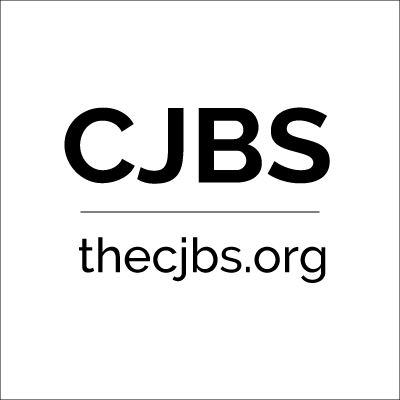< Issue No. 4 (2008)Article
Dzong-ka-ba on Candrakīrti’s Assertion of “non-dependence on another” as the Object to Be Negated in the View of Emptiness
Magee, William, Dharma Drum Buddhist College
Abstract
Geluk presentations of Mādhyamika contend that innate ignorance erroneously superimposes a certain look and feel onto reality. This illusory impression is called “the object to be negated” (dgag bya, pratiṣedya) and, in the Prāsaṅgika-Mādhyamika School, “inherent existence” or “own-being” (rang bzhin, svabhāva). This article examines both Candra-kīrti's (6th–7th C.E.) identification of the object to be negated—“non-dependence on another”—and Dzong-ka-ba’s claim that this is the same as “established by way of own entity” (rang gi ngo bos grub pa). Also discussed are six separate definitions of “dependence” allowed in Dzong-ka-ba’s Geluk system. Finally, in an appendix following the body of this work, I present my translation of an annotation from Nga-wang-bel-den’s Annotations for (Jam-yang-shay-ba’s) “Great Exposition of Tenets,” which addresses these issues.
